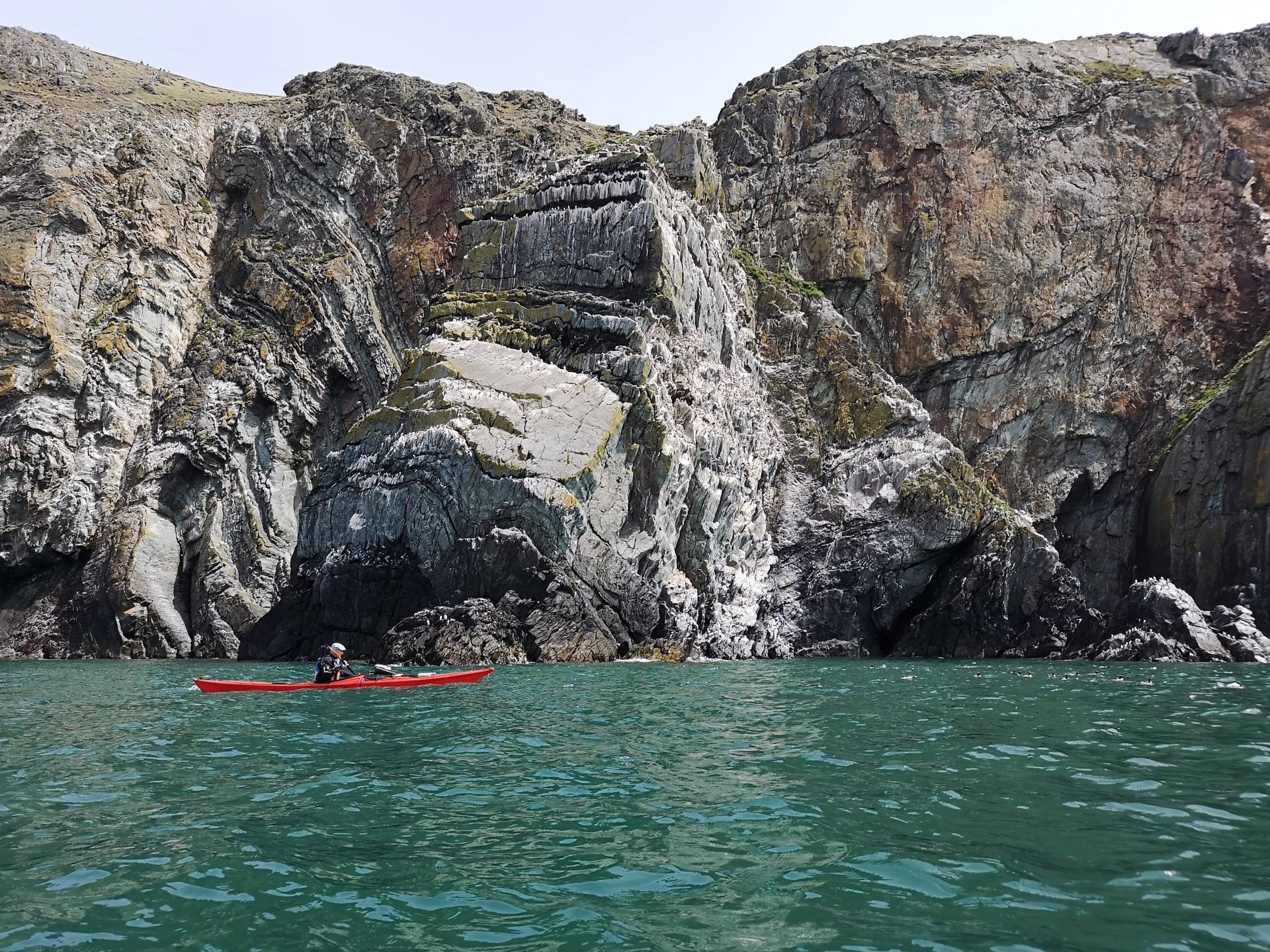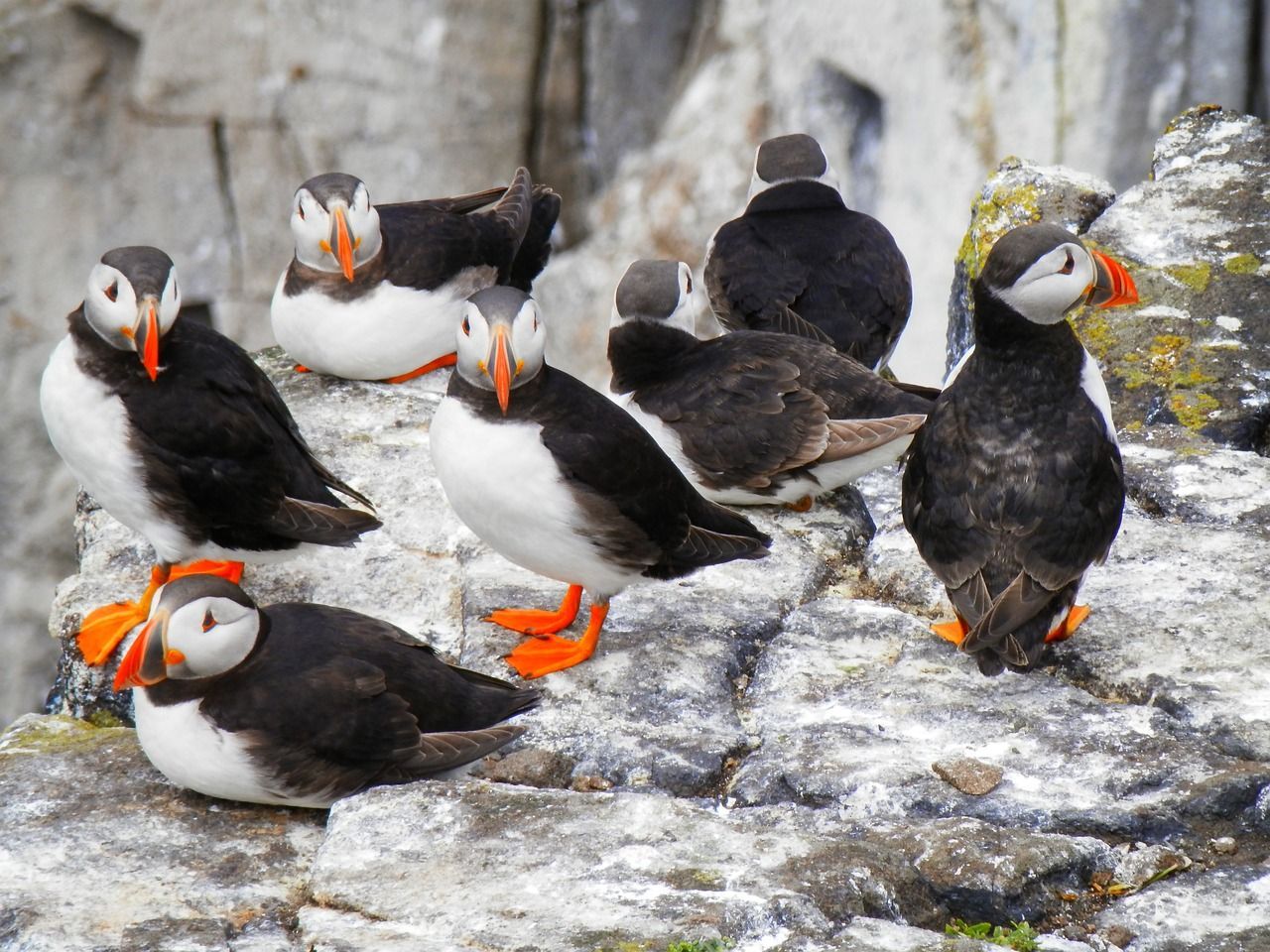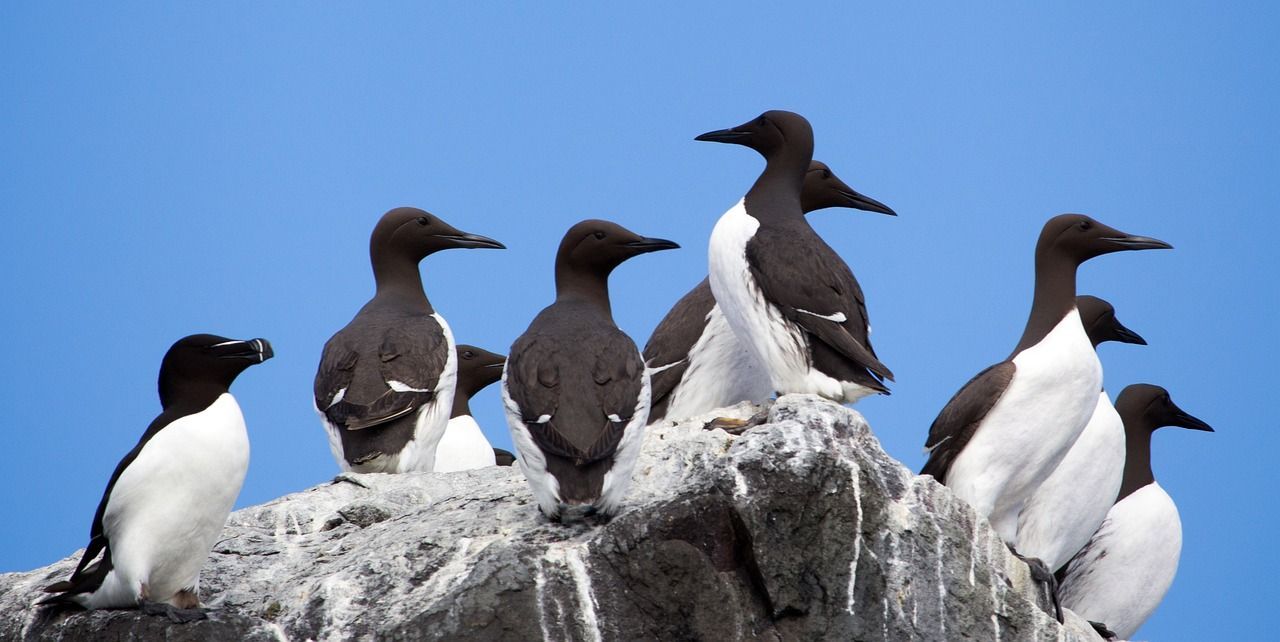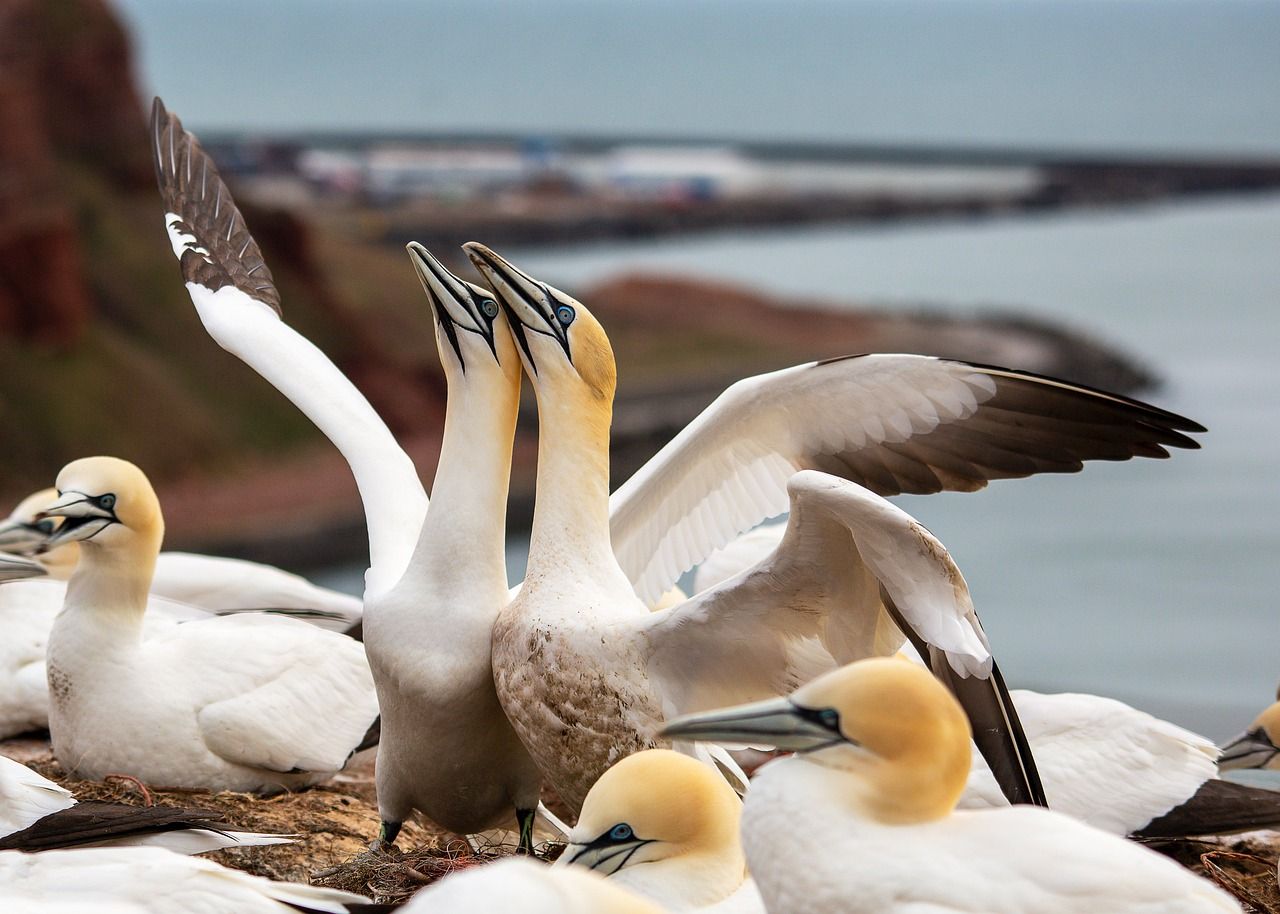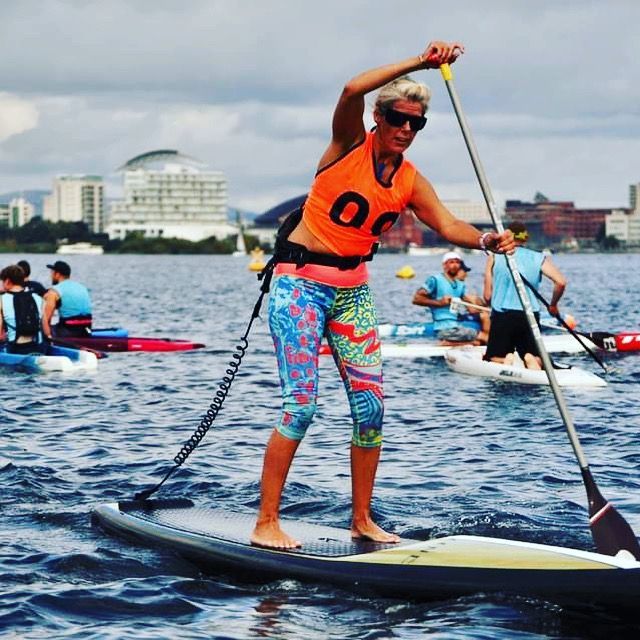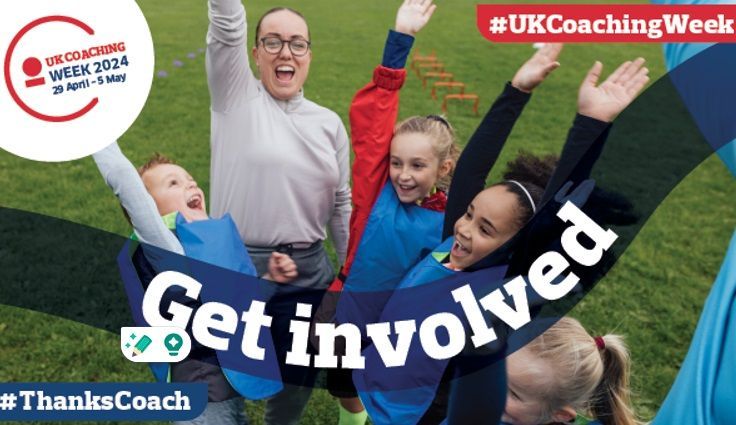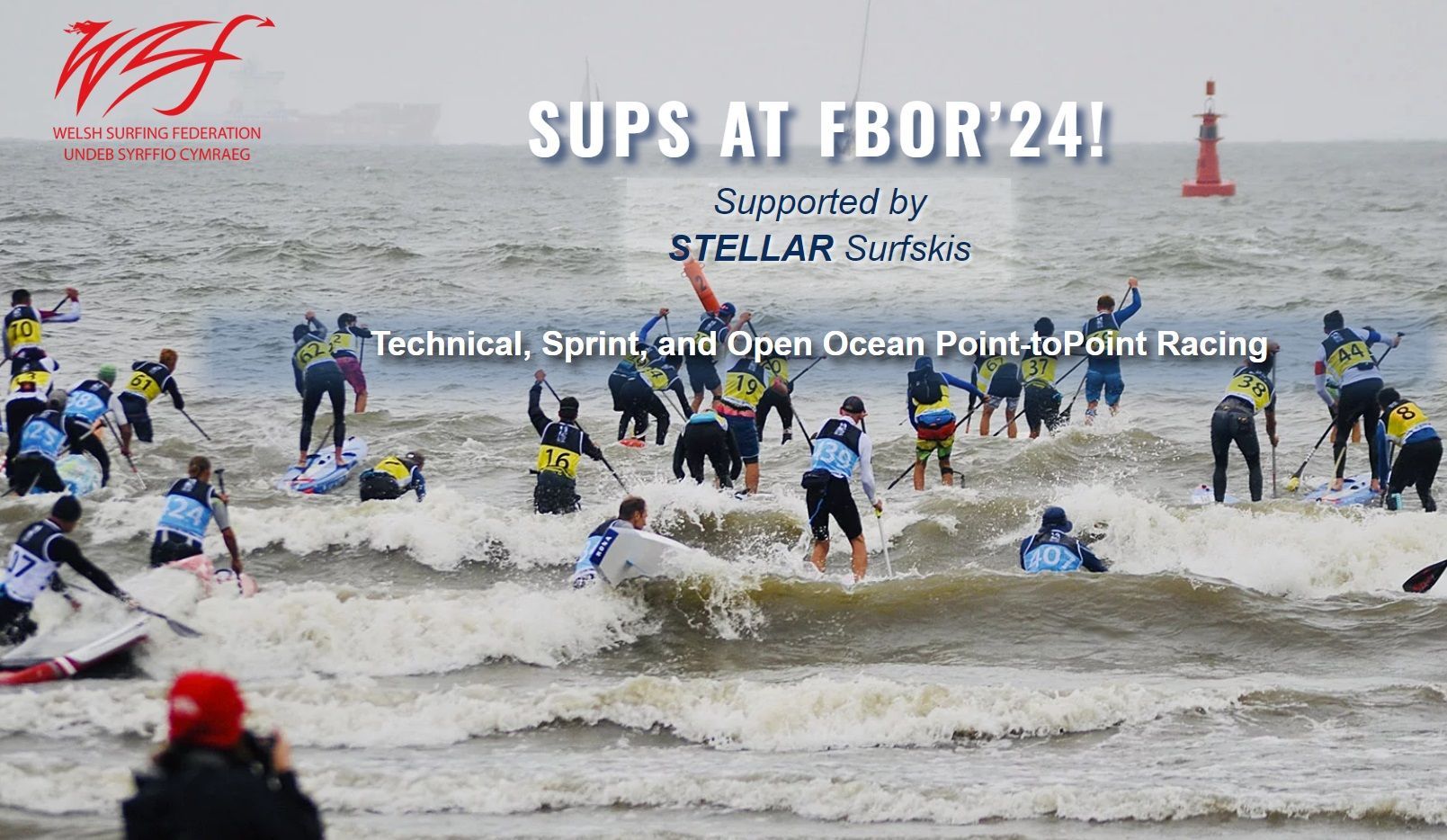Why do they come here?
If you are a seabird you’ll spend the largest chunk of your life at sea. The three already mentioned tend to spend most of the year on the Atlantic Ocean south of Greenland and East of Newfoundland. This is where they live, in this watery world come rain, shine or storm, quite remarkable.
They can’t however incubate their eggs and raise their young on the ocean so they come on to land to do that part of their life cycle. They need a coastline that can support them and has space to live.
Wales is a special place for seabirds for a number of reasons:
- Abundant food sources: Wales has a long and rugged coastline with a variety of habitats that provide food for seabirds. These include rocky cliffs, sandy beaches, and estuaries. The sea around Wales is also rich in fish and other marine life, which is a major food source for seabirds.
- Safe breeding grounds: Wales has a number of islands and offshore rocks that provide safe breeding grounds for seabirds. These islands are often free from predators and offer a sheltered environment for raising young.
- A lack of disturbance: Wales has a relatively low human population, which means that seabirds are not as disturbed by people as they might be in other parts of the world. This helps to ensure that they can breed successfully and raise their young in peace.

